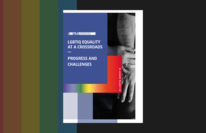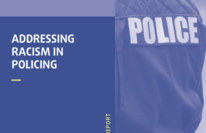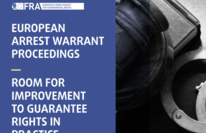
Jews in Europe still face high levels of antisemitism
Antisemitism persists in the EU, affecting Jews both online and offline. Concerns over safety and frequent experiences of harassment force many to conceal their Jewish identity. These alarming insights come from the latest survey by the EU Agency for Fundamental Rights (FRA). The EU and some of its Member States have put in place measures and action plans to tackle antisemitism. EU countries need to build on these efforts to ensure Jews can live their lives with dignity, free from hate and fear. This is especially important given the impact that the ongoing conflict in the Middle East has had on Jewish communities in Europe.












